
Zimbabwe has conferred national hero status on the late leader of the African Apostolic Church, Mutumwa Paul Mwazha, marking a rare honor for a clergyman and adding him to the small but growing list of non-combatant figures accorded the nation’s highest recognition.
The announcement was made by the Permanent Secretary for Information, Publicity, and Broadcasting Services, Nick Mangwana, who wrote that President Emmerson Mnangagwa had granted the status and that burial arrangements will be guided by the family. Mwazha, popularly known as Mutumwa, died this week at the age of 107.
Mwazha founded the African Apostolic Church in 1953, establishing one of Zimbabwe’s largest indigenous churches with millions of followers across Southern Africa. His teachings, strict moral code, and emphasis on African spiritual autonomy earned him a revered position in Zimbabwe’s religious landscape.
Mwazha’s elevation reflects an evolving interpretation of national heroism under Mnangagwa. While the National Heroes accolade was originally established to honor liberation war fighters, recent years have seen the inclusion of civilians whose national impact is viewed as significant.
Related Stories
Apostle Mwazha now joins several other non-combatant national figures who are interred at the shrine or have been accorded similar status. These include:
- Oliver Tuku Mtukudzi (declared a national hero in 2019), the internationally acclaimed musician whose cultural influence reshaped Zimbabwe’s arts sector.
- Professor Phineas Mogorosi Makhurane, distinguished academic and founding vice-chancellor of NUST.
- Dr. Charles Utete, former Chief Secretary to the President and Cabinet.
- Sibongile Tiger Chitambo, a ZANU-PF Women’s League stalwart (though politically active, not a liberation combatant).
- Dr. Ellen Gwaradzimba, Manicaland Minister and noted administrator.
The inclusion of clergy, artists, academics, and administrators marks a broader understanding of national contribution beyond the battlefield.
Reactions have been mixed but largely respectful, with many congregants celebrating the recognition of a leader who shaped spiritual life for generations. Others have noted that expanding the national hero criteria brings long-standing debates about merit, transparency, and consistency into sharper focus.











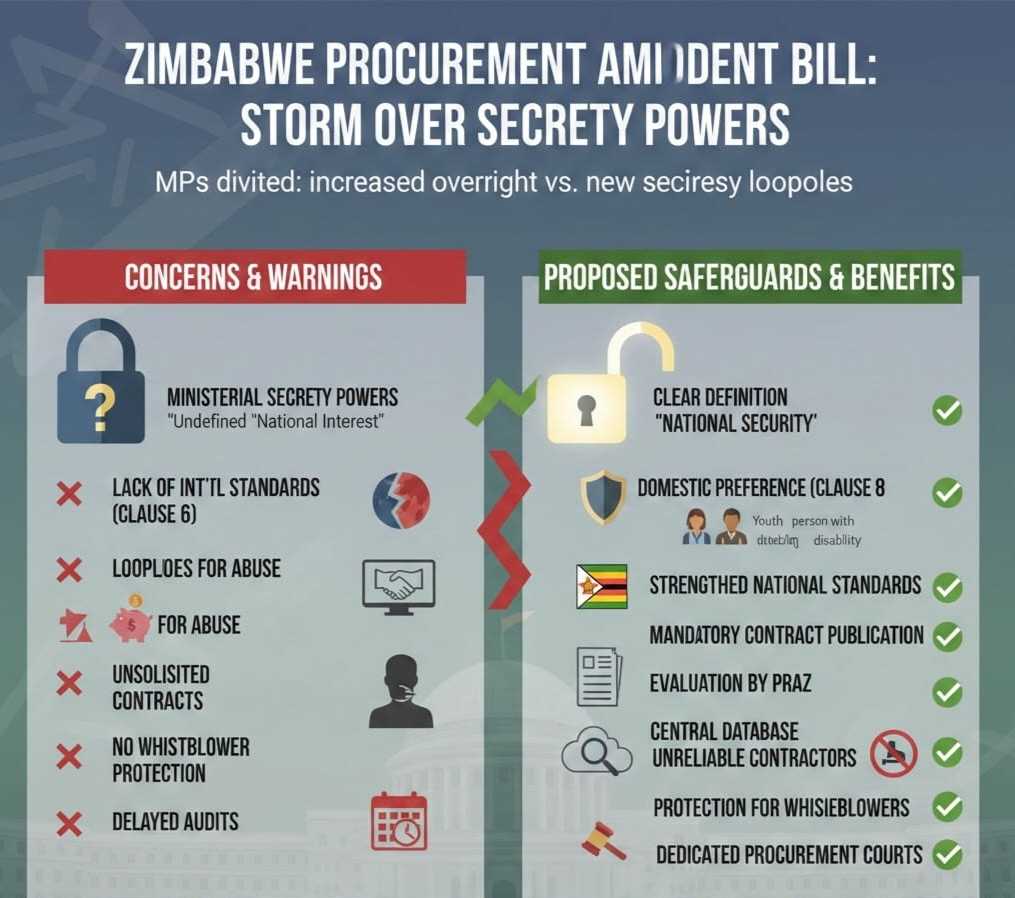
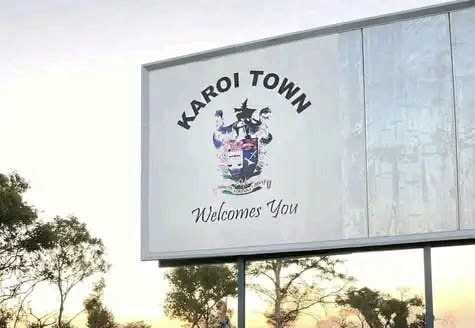

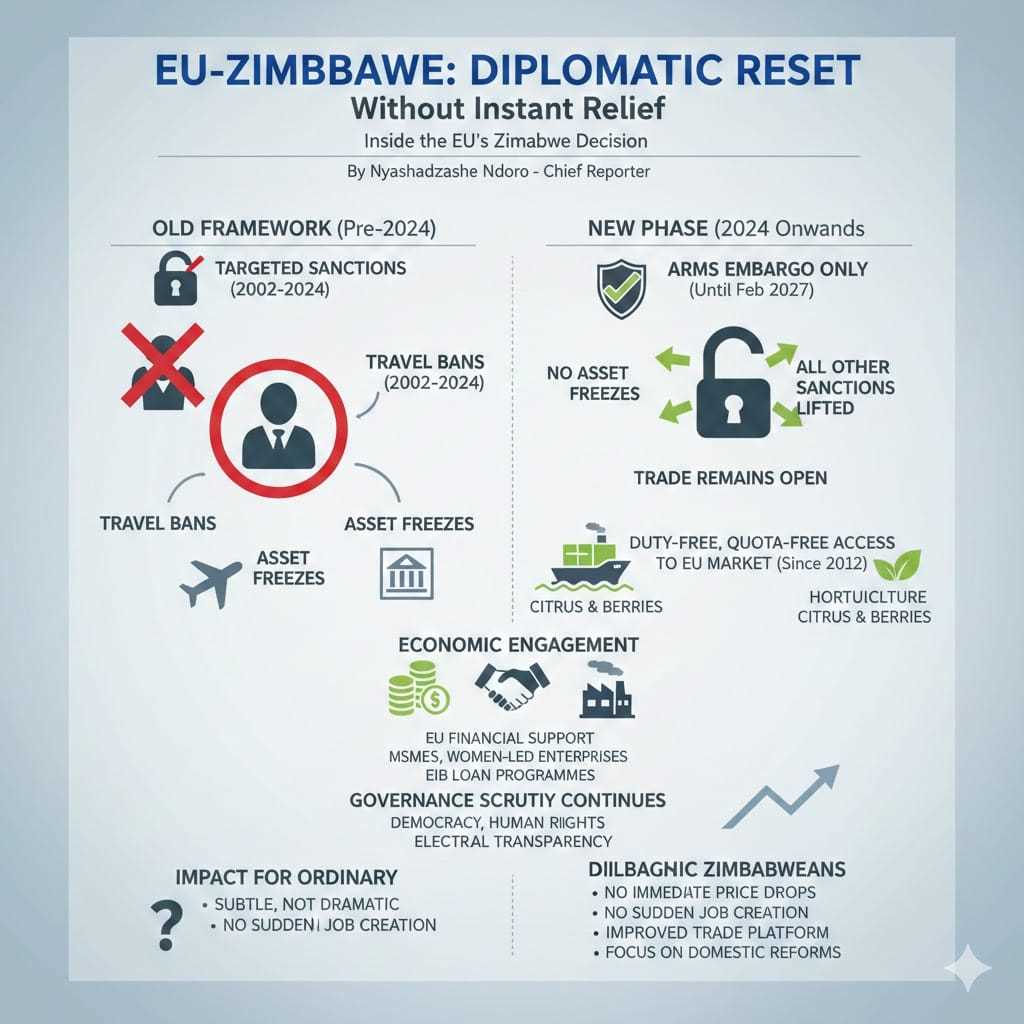
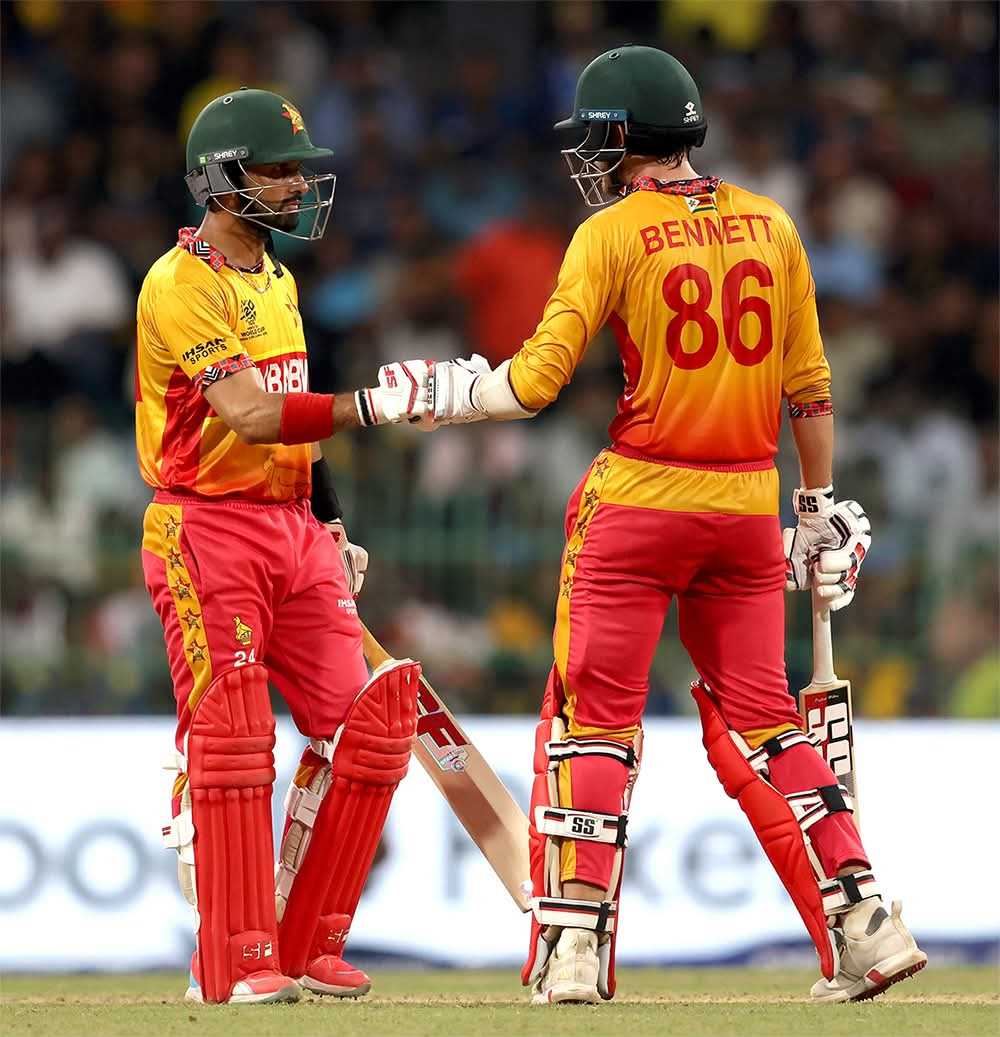
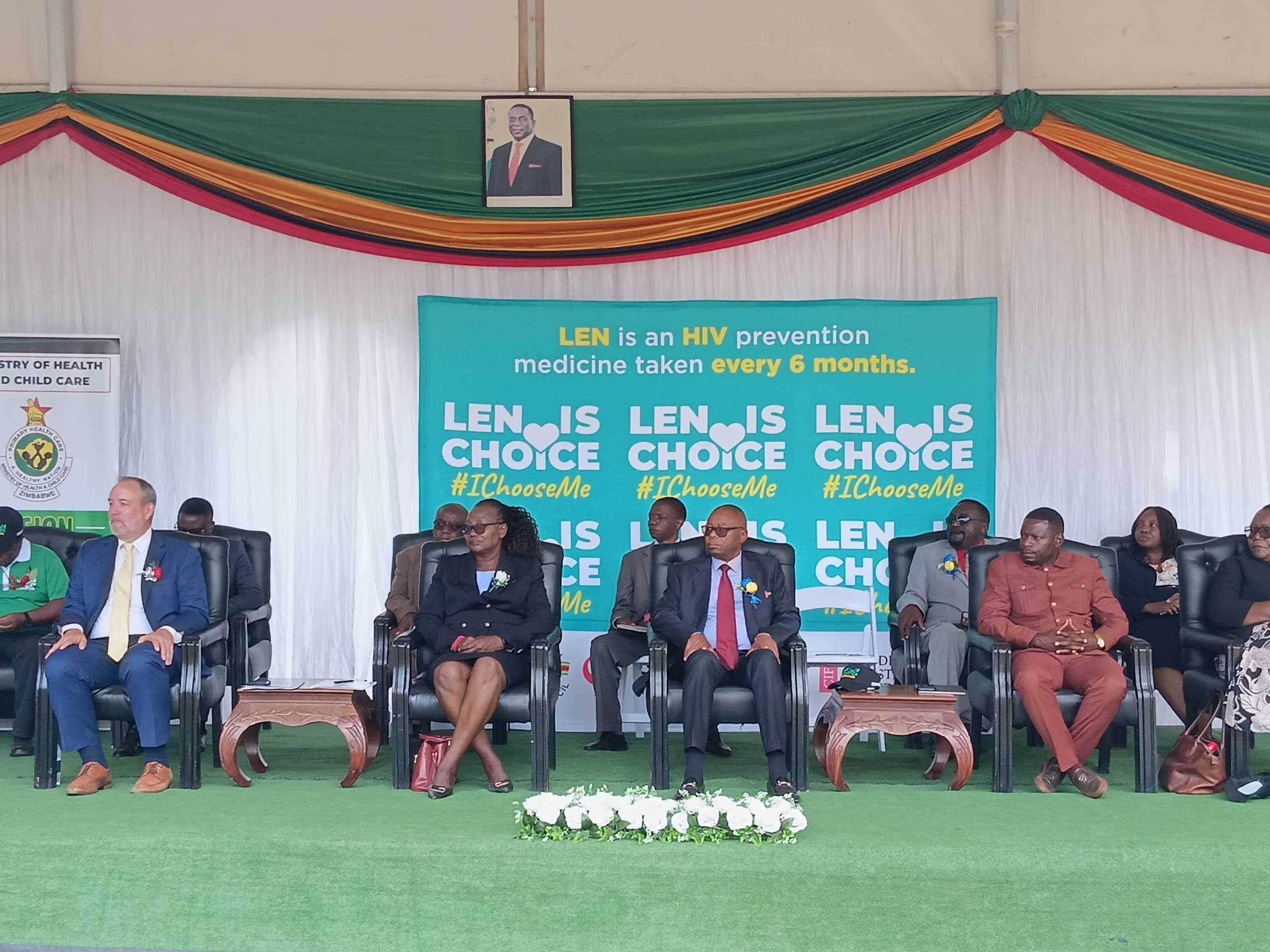
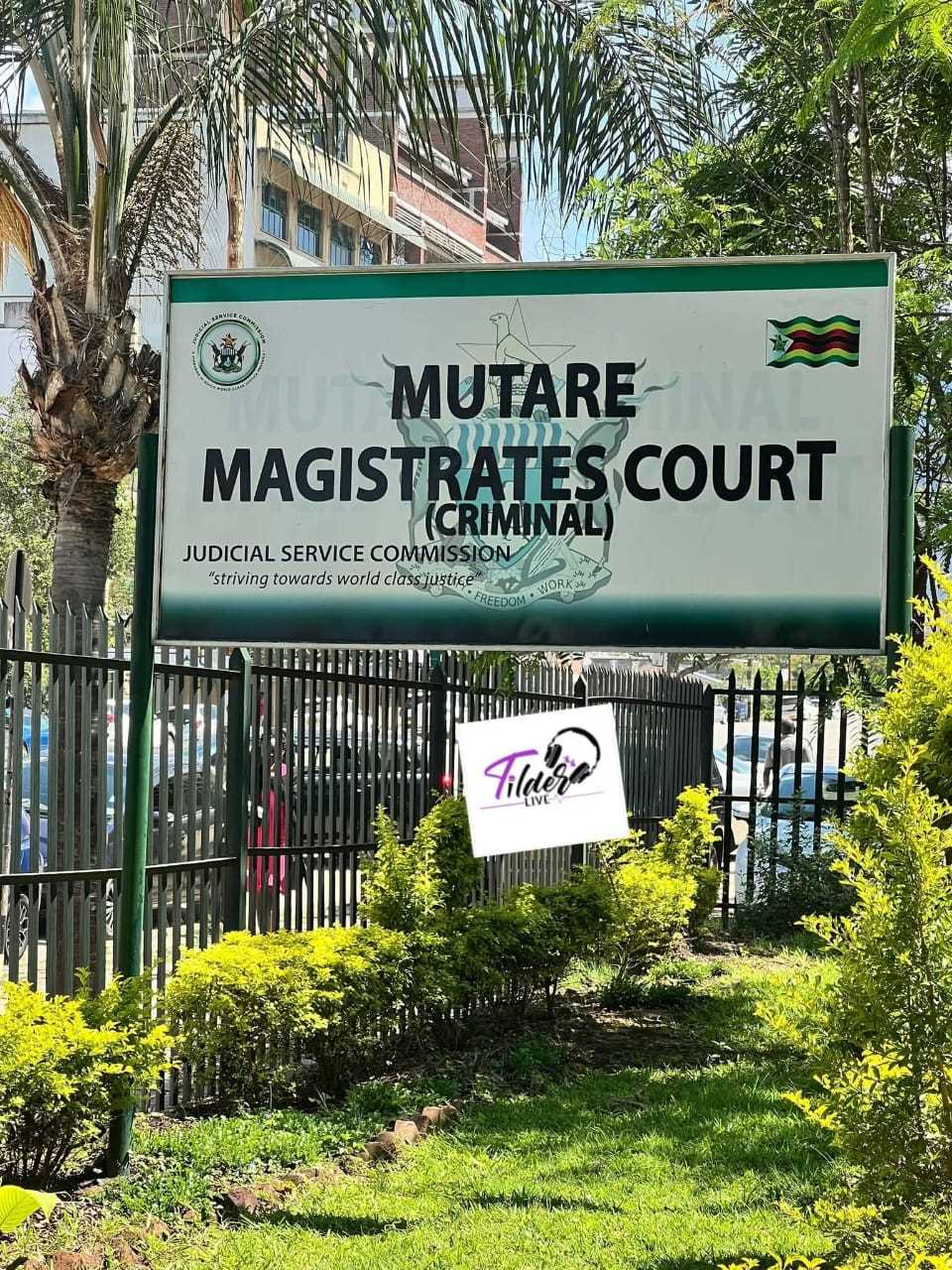


Leave Comments